Retinol Creams: Pore Refining Effects
Introduction
When it comes to skincare, few ingredients have garnered as much acclaim as retinol. Known for its remarkable ability to refine pores, smooth fine lines, and enhance skin texture, retinol has become a staple in many skincare routines. In this blog, we will delve into the world of retinol creams, focusing on their pore-refining effects, how they work, and the best practices for incorporating them into your skincare regimen.
What is Retinol?

Retinol is a derivative of vitamin A, an essential nutrient that plays a critical role in maintaining healthy skin. As a topical skincare ingredient, retinol is celebrated for its ability to accelerate skin renewal, enhance collagen production, and reduce the appearance of fine lines and wrinkles.
Pore Refining Effects of Retinol
How Retinol Refines Pores
Retinol works by penetrating deep into the skin to unclog pores, which in turn reduces their appearance. This process is facilitated by retinol's ability to normalize the turnover of skin cells, preventing dead cells from clogging pores and leading to a smoother, more refined skin texture.
Scientific Evidence
Numerous studies have confirmed the efficacy of retinol in pore refinement. For instance, a study published in the Journal of Cosmetic Dermatology found that topical application of retinol significantly improved the appearance of enlarged pores over time.
Choosing the Right Retinol Cream
Concentration Matters
Retinol creams come in various concentrations, typically ranging from 0.25% to 1.0%. Beginners are advised to start with lower concentrations to allow the skin to adjust and minimize potential irritation.
Packaging is Key
Choose retinol creams packaged in opaque, air-tight containers. This helps to stabilize the retinol, as it is sensitive to light and air.
Incorporating Retinol into Your Skincare Routine
Start Slow
Introduce retinol slowly into your skincare routine. Begin by applying a pea-sized amount of a low-concentration retinol cream once or twice a week, gradually increasing the frequency.
Sun Protection is Crucial
Retinol can make your skin more sensitive to the sun. Always wear a broad-spectrum SPF during the day while using retinol products.
Retinol Creams and Sensitive Skin

Individuals with sensitive skin should approach retinol with caution. Opt for retinol products specifically formulated for sensitive skin and perform a patch test before full application.
Frequently Asked Questions (FAQs)
Q: How long does it take to see results from retinol creams?
A: Results can vary, but most people start to see improvements in their skin texture and pore size within 4 to 6 weeks of consistent use.
Q: Can retinol creams be used under the eyes?
A: Yes, but with caution. The under-eye area is delicate, so use a small amount of a low-concentration retinol cream specifically designed for this area.
Q: Are retinol creams suitable for all skin types?
A: Retinol can be beneficial for most skin types, but individuals with certain skin conditions, like eczema or rosacea, should consult a dermatologist before use.
Q: Can I use retinol while pregnant or breastfeeding?
A: Retinol is not recommended during pregnancy or breastfeeding. Consult your healthcare provider for alternatives.
Conclusion
Retinol creams are a powerful tool in the pursuit of refined pores and improved skin texture. By understanding how to choose and use these products effectively, you can harness the full potential of retinol and enjoy clearer, smoother skin. Remember, patience and consistency are key, and it's always wise to consult with a skincare professional or dermatologist to tailor a regimen that's perfect for your unique skin needs.


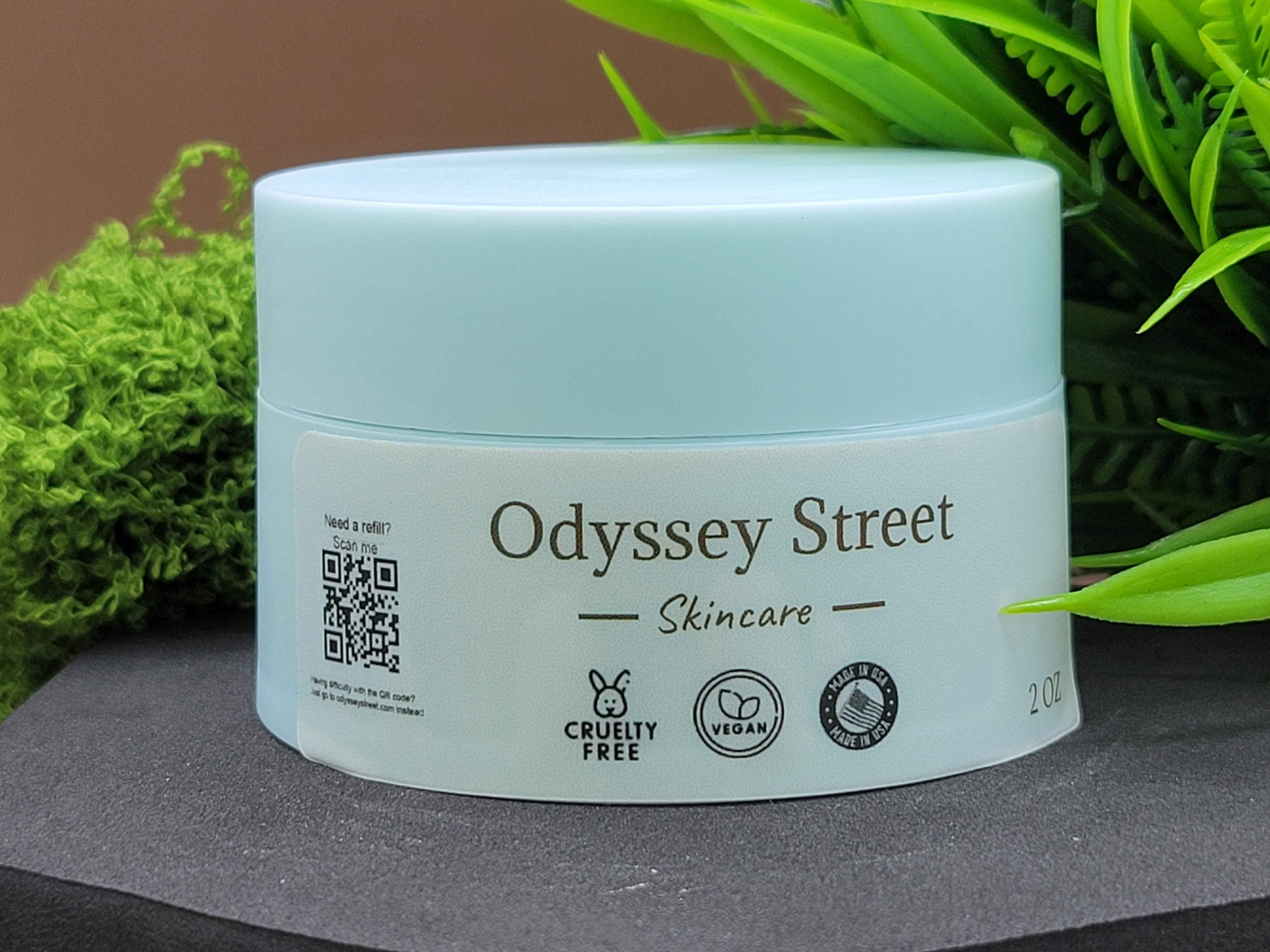
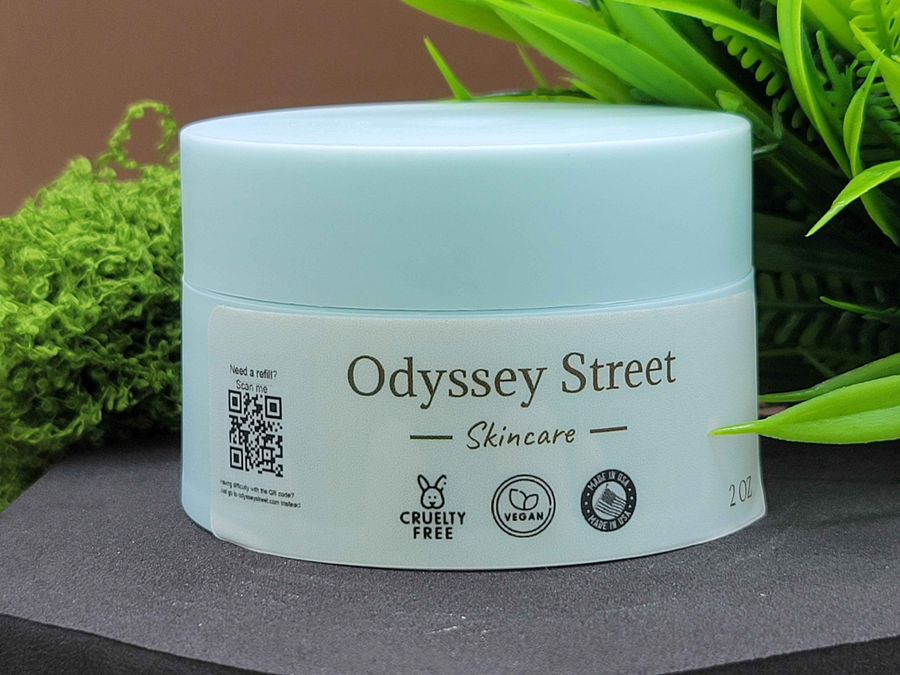
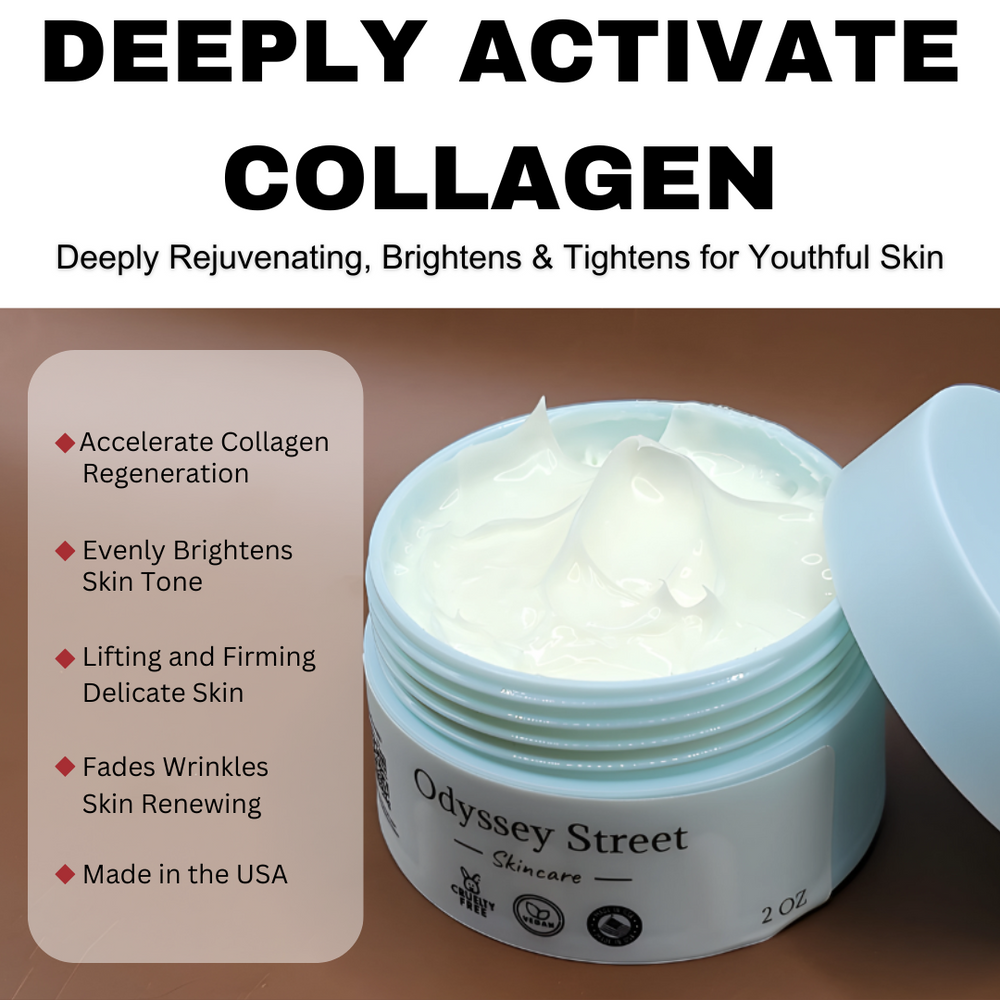


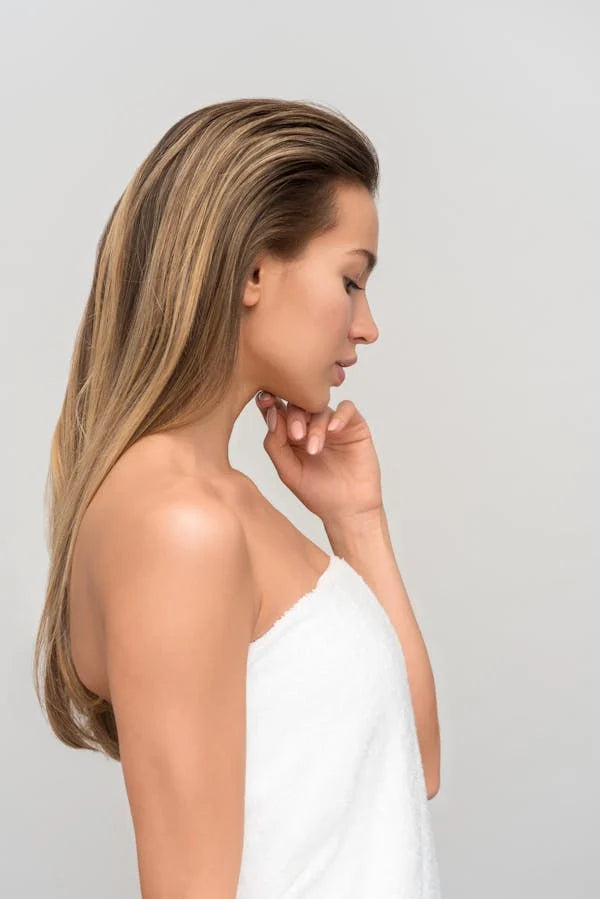

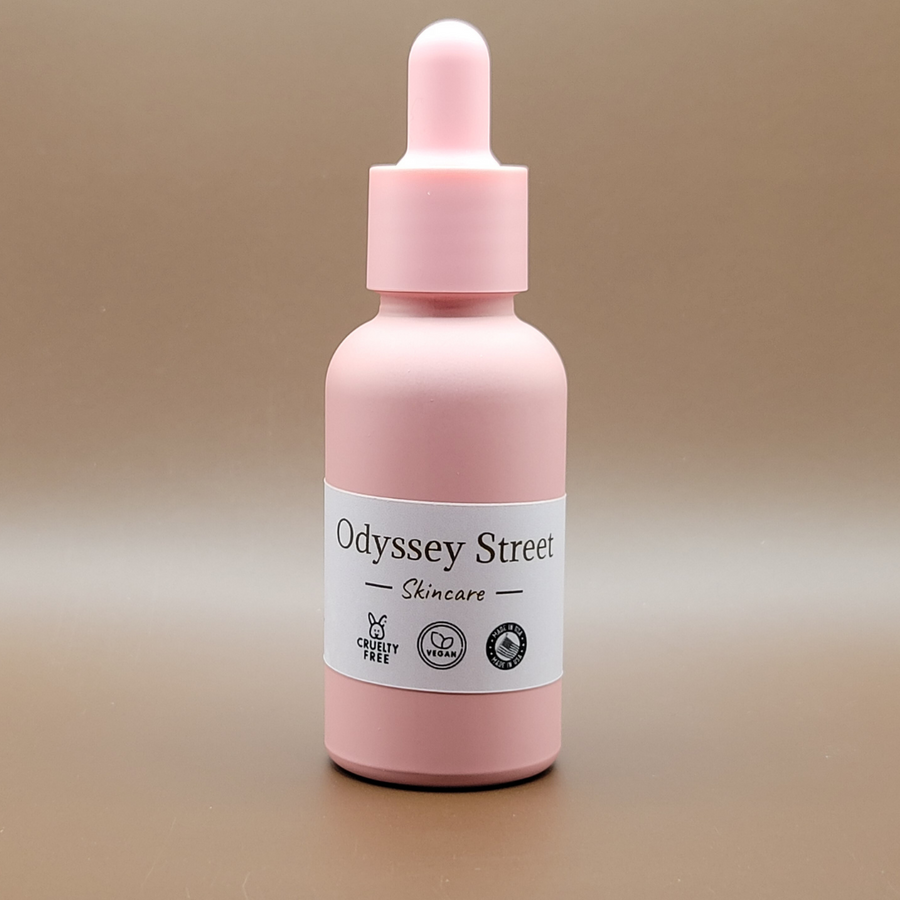
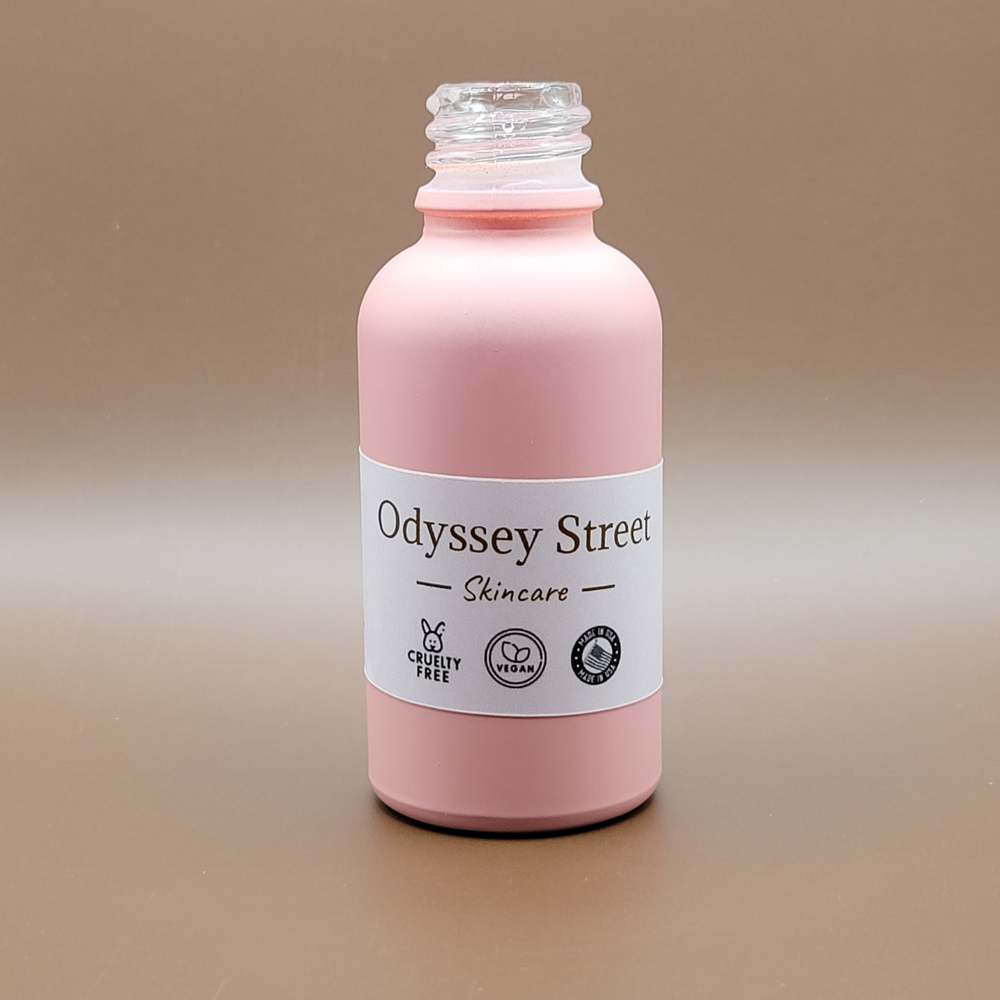
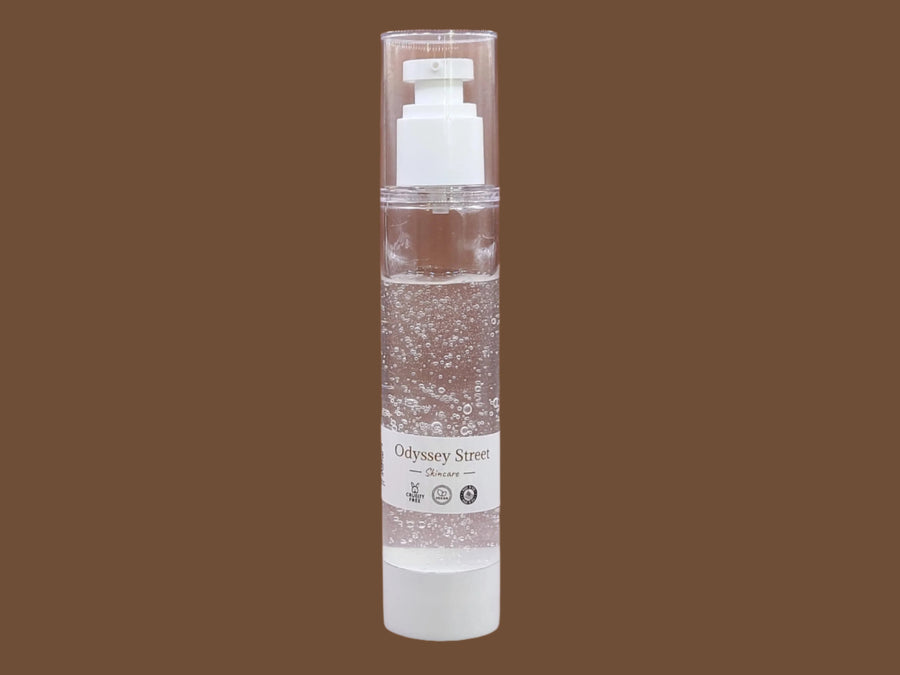
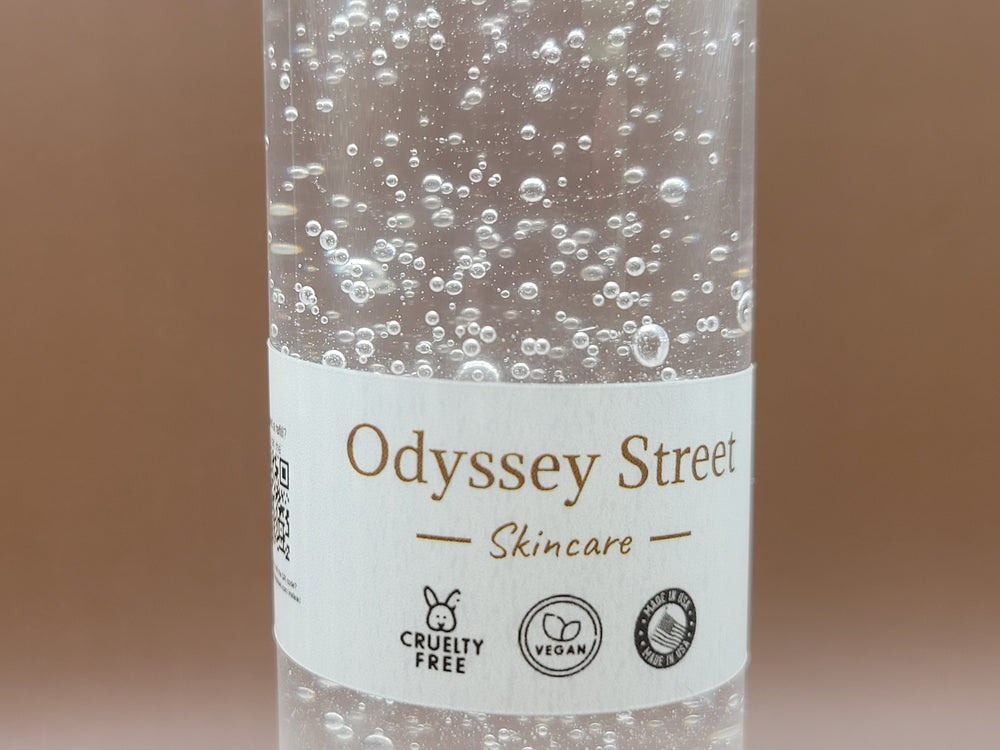
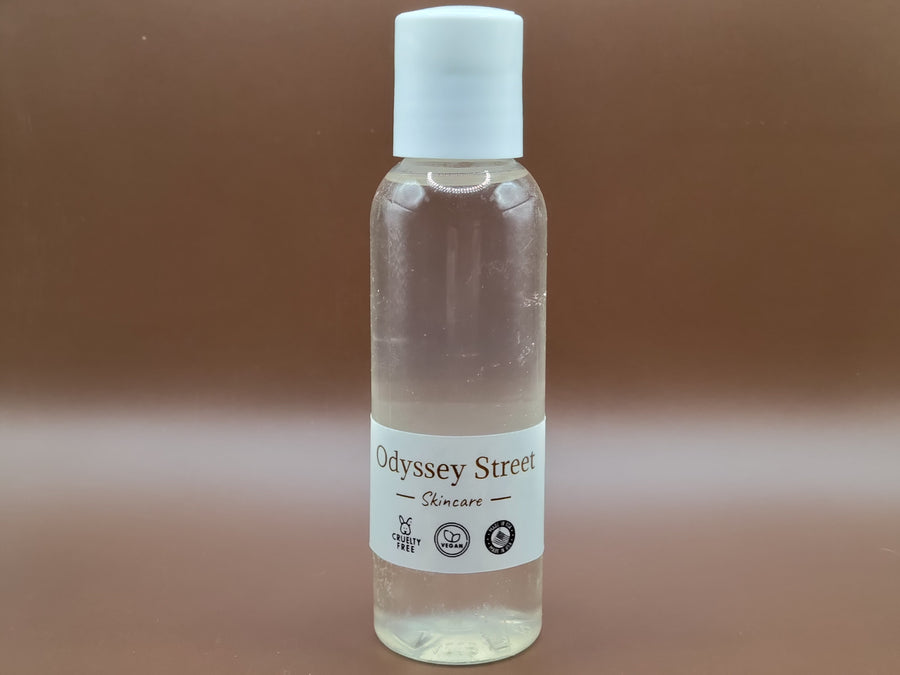
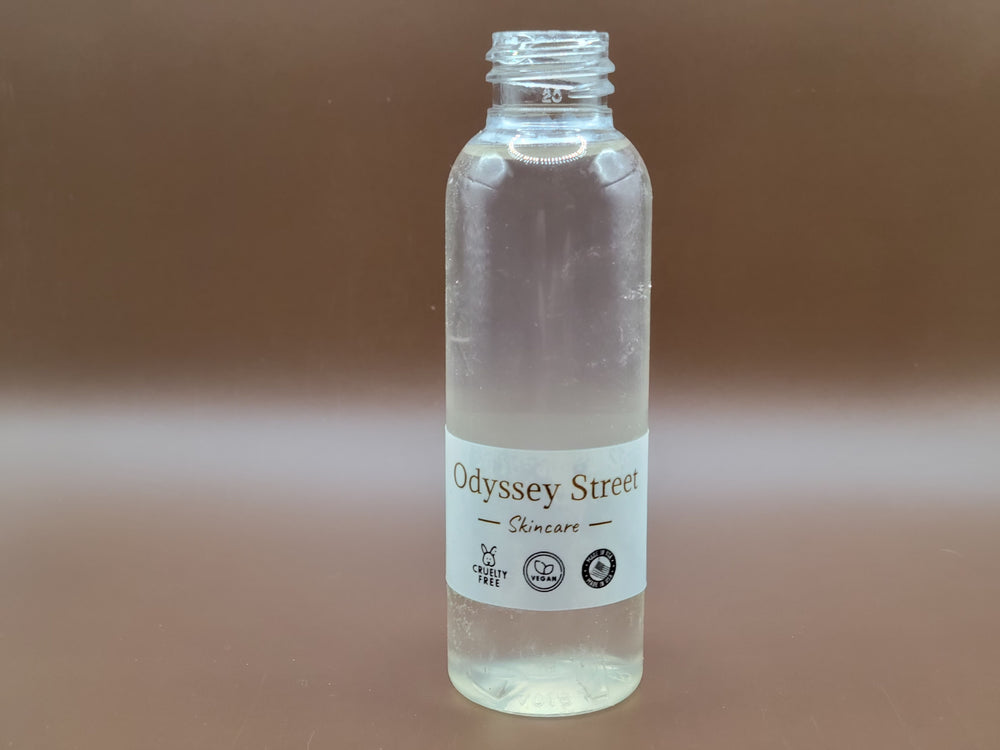
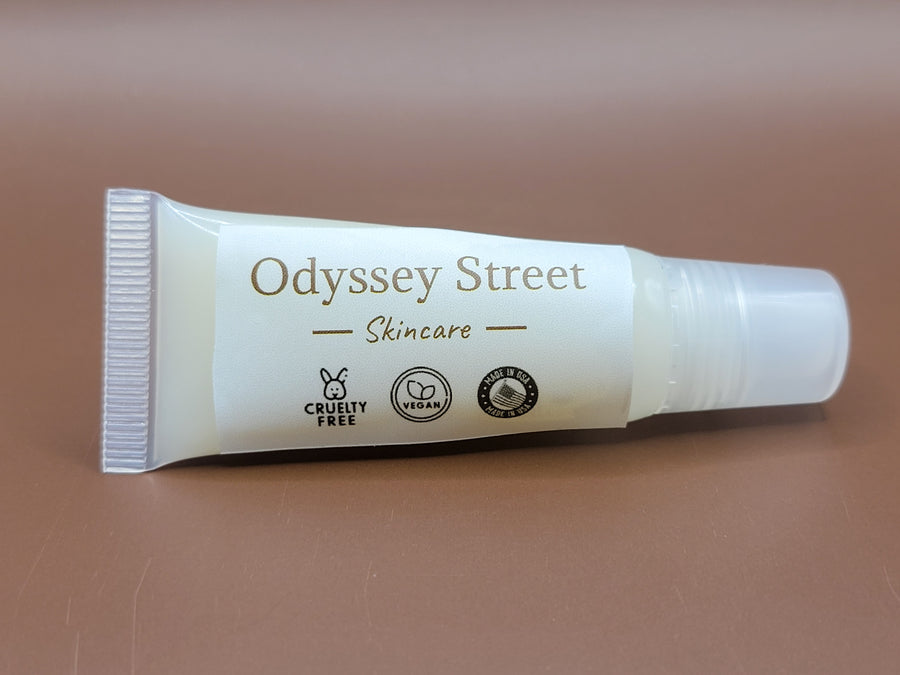
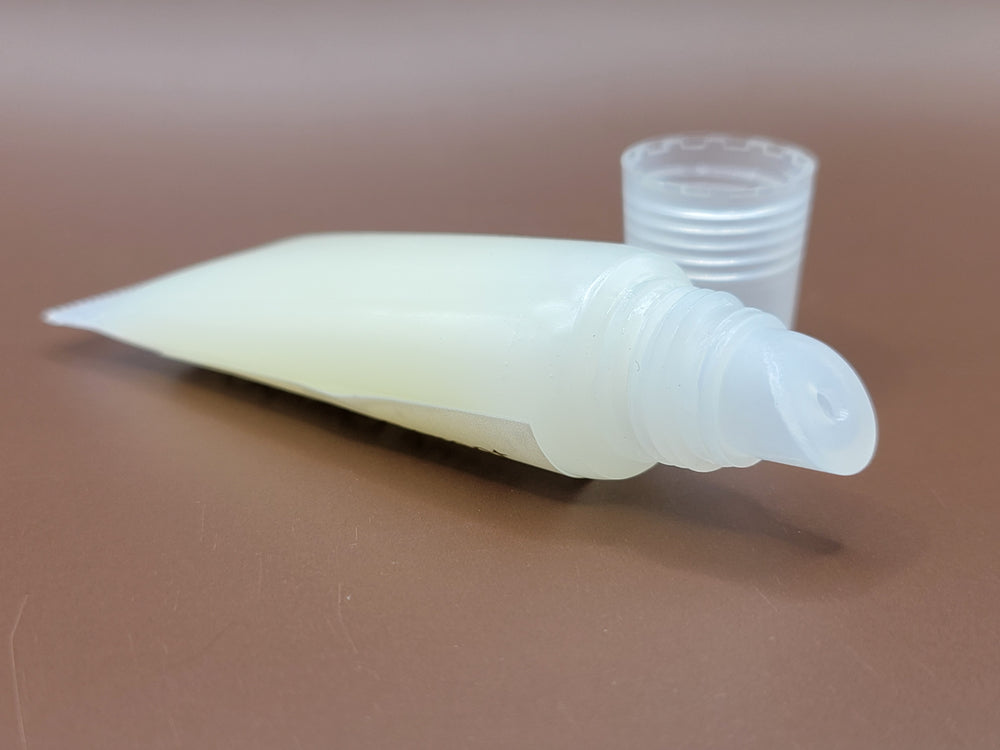
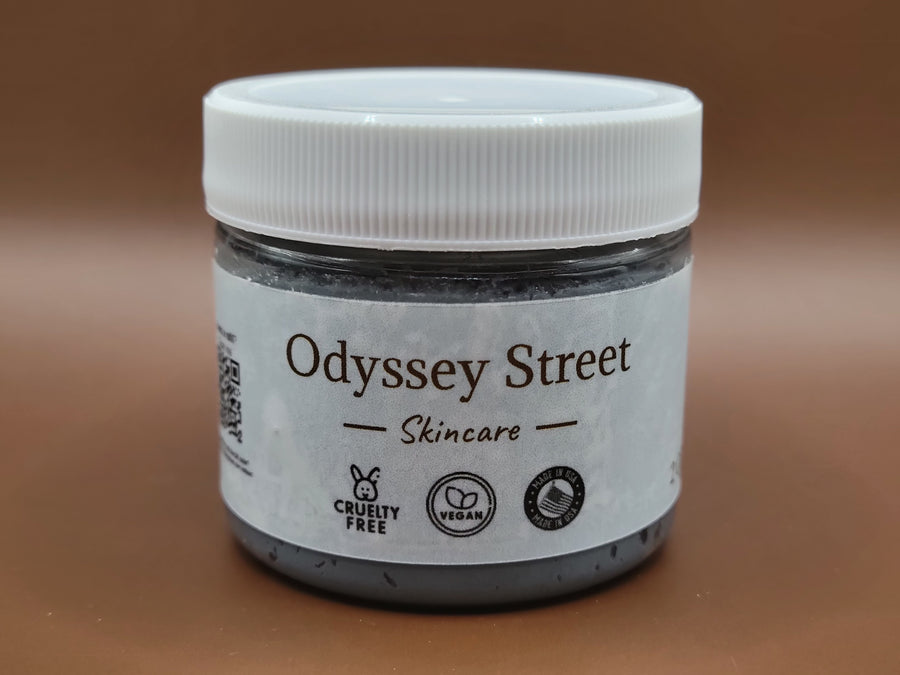
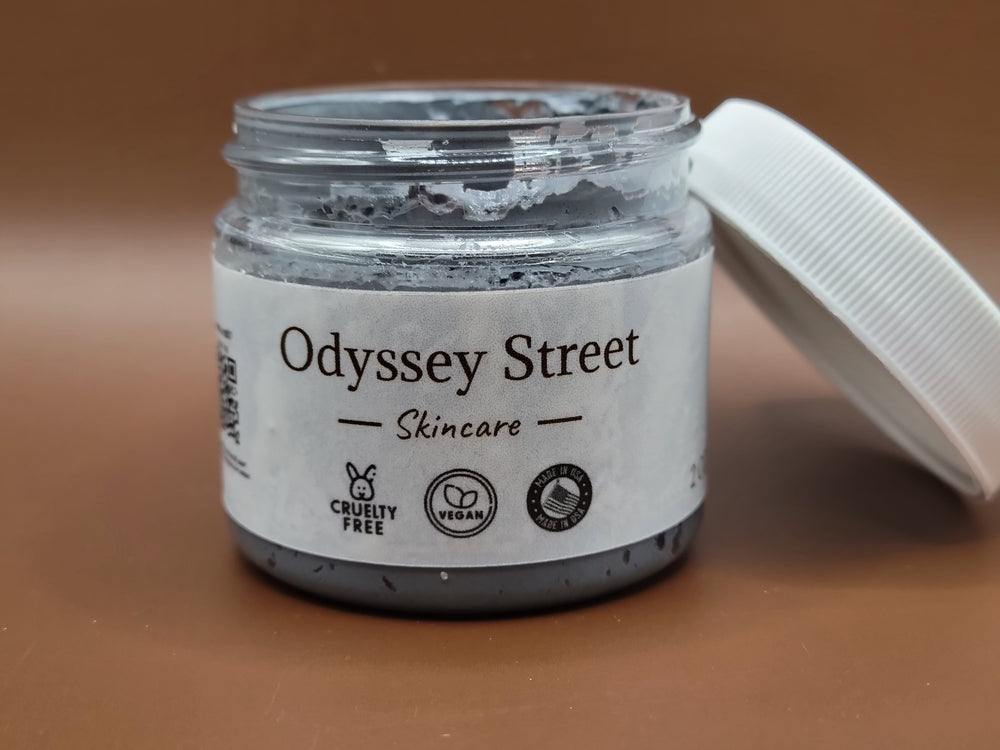
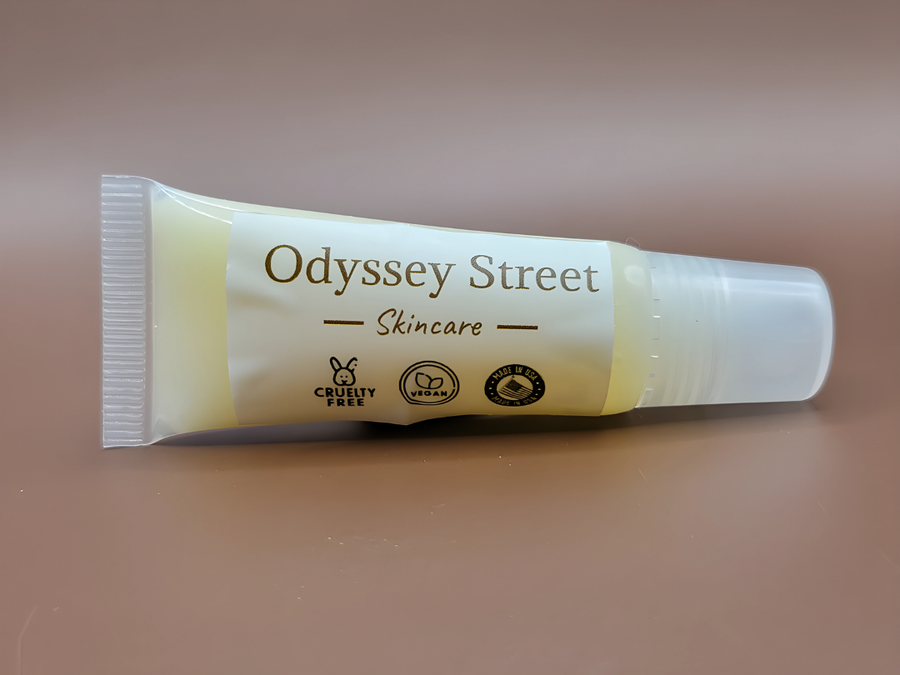
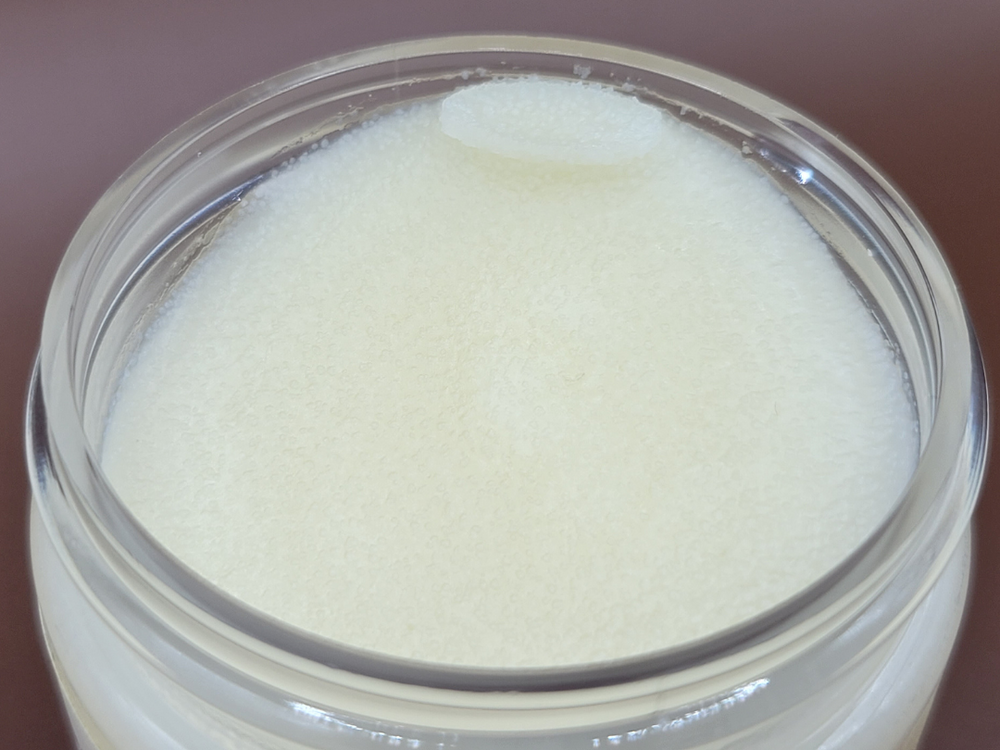
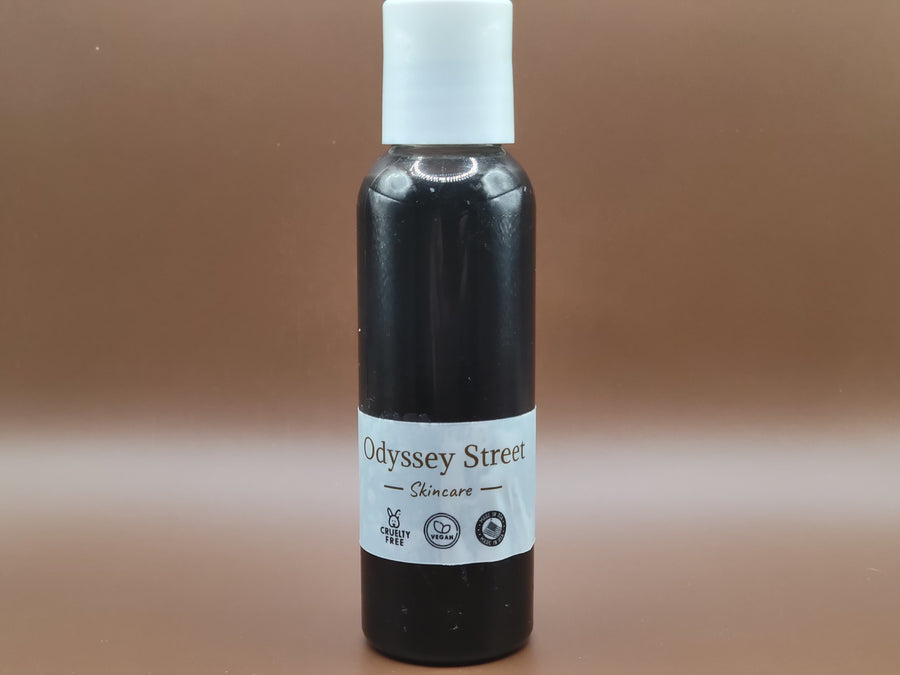
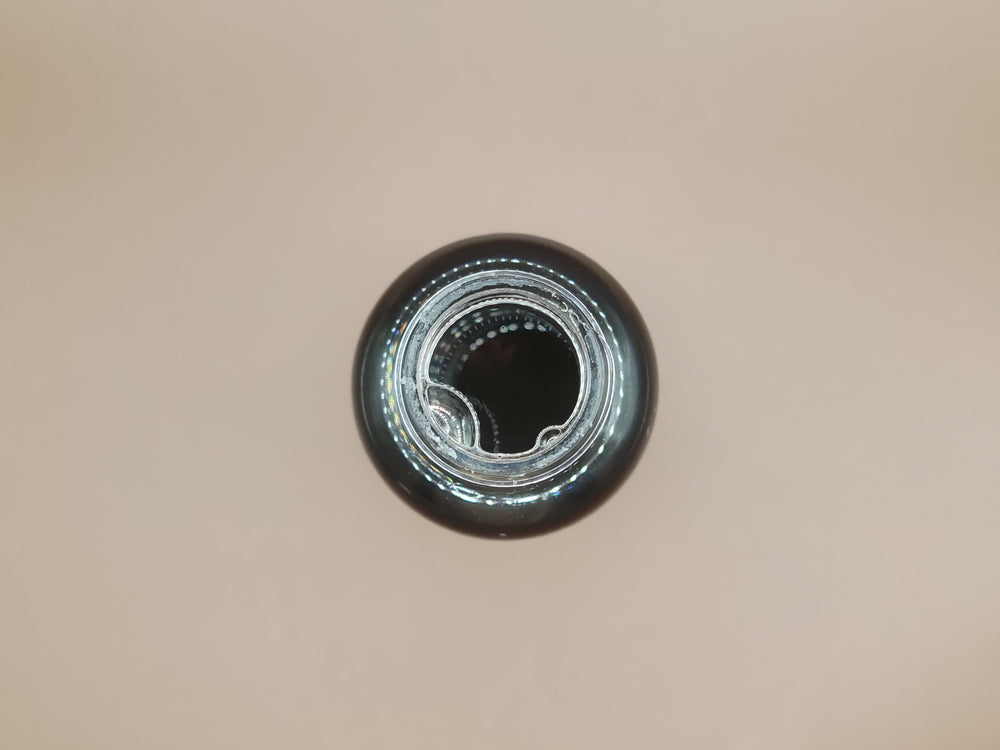
Leave a comment